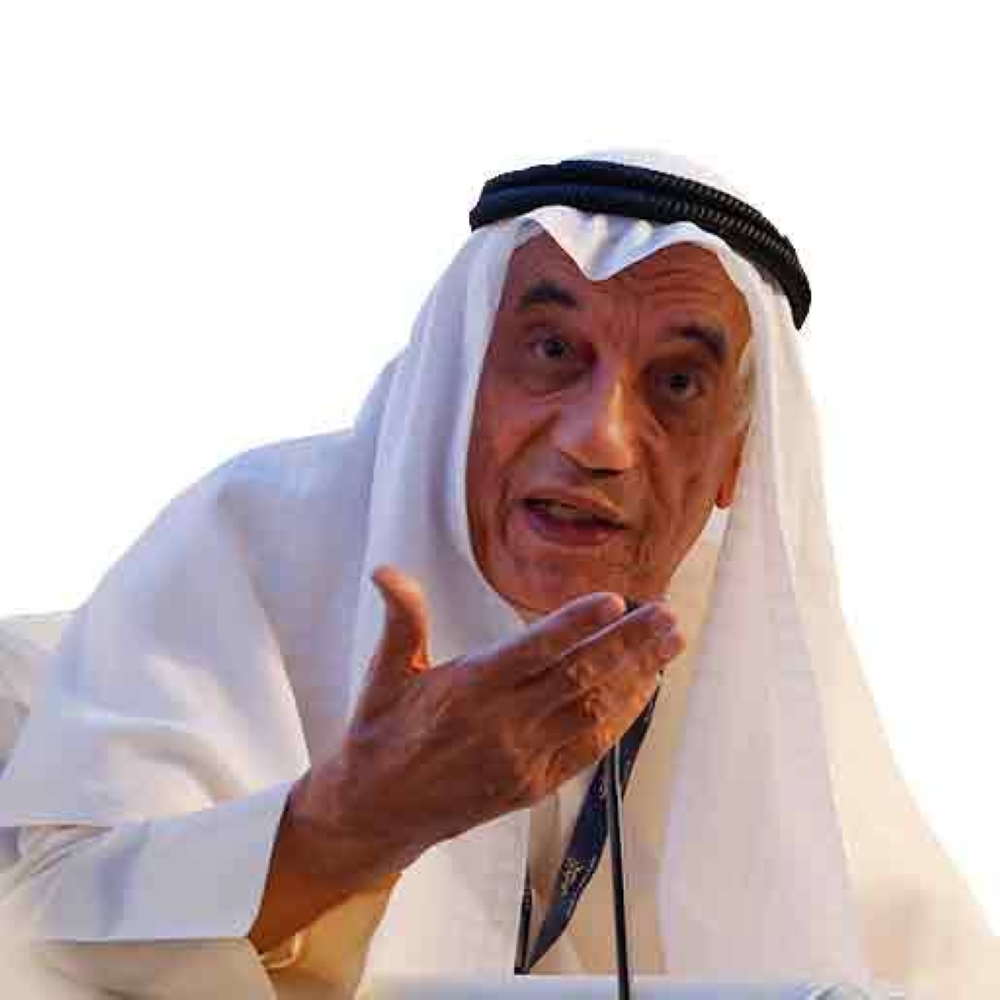The first secretary-general of the Gulf Co-operation Council (GCC), Abdullah Yacoub Bishara, has affirmed the council's critical role in reinforcing co-operation among the member states, as well as bolstering ties among its friendly nations and meeting their aspirations to a more prosperous and stable life and future.
In an interview with Qatar News Agency (QNA) on the occasion of the 43rd anniversary of the GCC's founding, Bishara highlighted the idea of establishing this glorified regional bloc, the stages of its founding, the political and security conditions the region has experienced before and after the establishment of the GCC states.
Bishara lauded Qatar's profound and positive role in promoting the career of the joint Gulf action since the inception of the council and until this time, adding that he praises Qatar's stances and positive role. He underlined that Qatar has always been in the first rank with its ambitious initiatives, activities, and effective role within the council.
When the decision of establishing of the GCC was signed, its regulation, charter and statute did not indicate any type of cooperation in the security and military fields, but only included a trade and investment cooperation, the strive to achieve economic integration, understanding and internal building, he noted.
He pointed out that the agility of the founding leaders has opted for working on these fields calmly, with the co-operation being focused on trade and investment areas, in addition to pursuing open economic policies that culminate in entanglement through which other co-operation fields can be accomplished in the far future.
These unified positions will help the GCC states talk to the world with one voice, in terms of economy, trade and investment which will lead to the stability and prosperity in the region, His Excellency said, adding that this was the foremost initiative. He pointed out that after pursuing this pathway, new developments emerged prompting the council to opt for cooperation in security and military fields as well, since trade and economy need security.
Accordingly, he highlighted, ministers of defence and interior, and chiefs of staff held a series of meetings, confirming that the keenness to maintain security and stability and territorial integrity of the member states was profound and the council succeeded in that.
Regarding the secret behind the GCC's success and cohesion, Bishara alluded that to the agility and insightful vision of the Gulf leaders, highlighting that the world is keen to maintain the GCC to essentially adopt an approach that ensures persistent flow of energy supplies to abroad, especially that the GCC states boast of a unique, strategic and exceptional location that granted them a prestigious standing at the level of international relations.
The GCC has become a reality and global power, in terms of moderation, political, diplomatic, and economic approach, as well as interaction with the needs of the international community for energy, investment, research sectors and income sources diversification, he underlined.
He called for safeguarding the council and the strategic location of its states, adding that this location is costly as well, because it holds the member countries the responsibility of providing energy supplies to the international community, affirming that energy is required by all nations and here comes the responsibility that has been dominating the council's deliberations and conventions since its founding.
Bishara applauded the wide cohesion and partnerships the council has forged with the external world, such as dialogue with the European Union to strike a bilateral trade deal, in addition to agreements with other regional organizations, adding that he is satisfied with such steps and initiatives.
He underscored the importance of the accomplishments the council has made in multiple fields, urging further milestones for the benefit of the member states and their people, particularly through the economic and investment partnership. He indicated that during his tenure in the council between 1981 and 1988, he strove to determine the philosophy of the council's operation to patiently achieve the intended goals.

The first secretary-general of the Gulf Co-operation Council (GCC), Abdullah Yacoub Bishara
